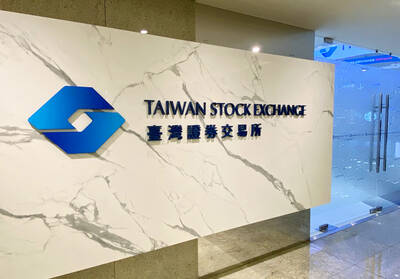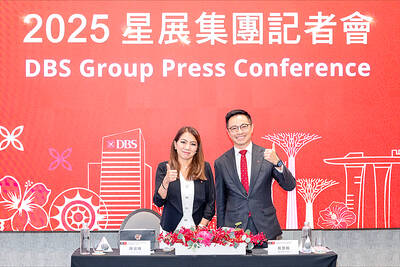A US jury awarded US$6.1 million on Friday to a McDonald's employee who was strip searched in a hoax that had been played on dozens of fast food restaurants across the country, local media reported.
Louise Ogborn, who was 18 at the time of the strip search, sued McDonald's for failing to warn its employees of the persistent trickster even after it had been sued by other employees, the Louisville, Kentucky, Courier Journal reported.
A female assistant manager told Ogborn to strip when she got a call from a man pretending to be a police officer who said Ogborn was accused of stealing a purse and could either be searched at the store or arrested and searched in jail.
Over the course of nearly four hours she was spanked and sexually humiliated at the direction of a man who called himself "Officer Scott." Her clothes and car keys were taken away from her.
The trickster had already duped supervisors in at least 68 different fast food restaurants in 32 states over nearly 10 years, the paper reported.
McDonald's was already defending itself against four lawsuits after 17 of its restaurants had been hit. While owners and operators of some McDonald's franchises had been warned, most employees had heard nothing about it.
The assistant manager who directed the search, Donna Summers, was convicted of unlawfully detaining Ogborn.
Summers also joined in the suit -- saying she was the victim of McDonald's negligence to warn of the hoax -- and was awarded US$1.1 million.

Taiwan Semiconductor Manufacturing Co (TSMC, 台積電) secured a record 70.2 percent share of the global foundry business in the second quarter, up from 67.6 percent the previous quarter, and continued widening its lead over second-placed Samsung Electronics Co, TrendForce Corp (集邦科技) said on Monday. TSMC posted US$30.24 billion in sales in the April-to-June period, up 18.5 percent from the previous quarter, driven by major smartphone customers entering their ramp-up cycle and robust demand for artificial intelligence chips, laptops and PCs, which boosted wafer shipments and average selling prices, TrendForce said in a report. Samsung’s sales also grew in the second quarter, up

LIMITED IMPACT: Investor confidence was likely sustained by its relatively small exposure to the Chinese market, as only less advanced chips are made in Nanjing Taiwan Semiconductor Manufacturing Co (TSMC, 台積電) saw its stock price close steady yesterday in a sign that the loss of the validated end user (VEU) status for its Nanjing, China, fab should have a mild impact on the world’s biggest contract chipmaker financially and technologically. Media reports about the waiver loss sent TSMC down 1.29 percent during the early trading session yesterday, but the stock soon regained strength and ended at NT$1,160, unchanged from Tuesday. Investors’ confidence in TSMC was likely built on its relatively small exposure to the Chinese market, as Chinese customers contributed about 9 percent to TSMC’s revenue last

Taiwan and Japan will kick off a series of cross border listings of exchange-traded funds (ETFs) this month, a milestone for the internationalization of the local ETF market, the Taiwan Stock Exchange (TWSE) said Wednesday. In a statement, the TWSE said the cross border ETF listings between Taiwan and Japan are expected to boost the local capital market’s visibility internationally and serve as a key for Taiwan becoming an asset management hub in the region. An ETF, a pooled investment security that is traded like an individual stock, can be tracked from the price of a single stock to a large and

Despite global geopolitical uncertainties and macroeconomic volatility, DBS Bank Taiwan (星展台灣) yesterday reported that its first-half revenue rose 10 percent year-on-year to a record NT$16.5 billion (US$537.8 million), while net profit surged 65 percent to an unprecedented NT$4.4 billion. The nation’s largest foreign bank made the announcement on the second anniversary of its integration with Citibank Taiwan Ltd’s (花旗台灣) consumer banking business. “Taiwan is a key market for DBS. Over the years, we have consistently demonstrated our commitment to deepening our presence in Taiwan, not only via continued investment to support franchise growth, but also through a series of bolt-on acquisitions,” DBS